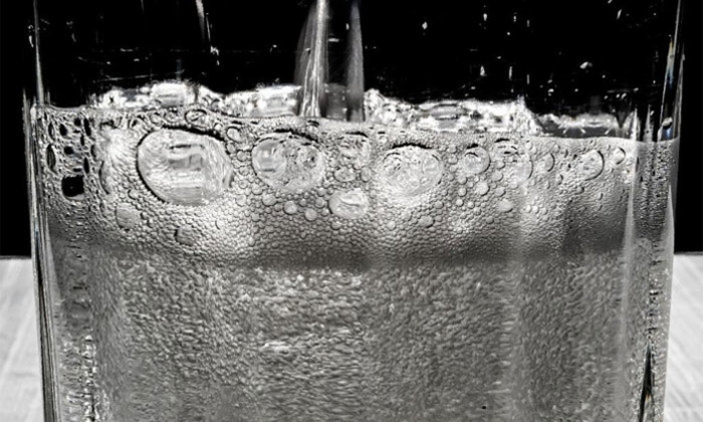Soft drinks manufactures have appealed to the government to slash at least 5% on excise duty in order to encourage growth and investment in the sector.
They said reduction in the excise tariff would free some income, allowing them to expand production and create more jobs.
They said reduction in the excise tariff would free some income, allowing them to expand production and create more jobs.
Currently, government charges 15% excise duty on beverages, which according to the manufacturers is oppressive and inhibiting growth of the industry.
“Our regional neighbours pay less than 10% and yet we compete for the same market, which makes our products uncompetitive. A slight reduction in tariff would give us the leverage to invest and produce more,” said Amos Nzeyi, board chairman, Crown Beverages limited.
He was speaking on the sidelines of a press conference to announce crown beverages’ 25years celebration last week.
He said previously, soft drinks investors under the Uganda Manufacturers Association had engaged government, and they were promised a reduction to 13% but to their surprise, the tariff was instead raised to 15% in the 2017/18 financial year.
“As a result of this, the industry is suffering because the entire sector is price sensitive. Unfortunately, we cannot transfer the effect of high taxes to the consumers yet we have expansion plans to implement.
According to the Uganda Bureau of Statistics (UBoS) the beverages industry grew by 8% in 2017, compared with 2% in 2016.
Nzeyi said despite the slight increase in consumption, Uganda’s per capita consumption of soft drinks stands at 13liters, the lowest in the East Africa region.
“In Kenya, for example, per capita consumption of soft drinks stands at 58 liters. This means we have more room for improvement,” he said.
According to trade minister Amelia Kyambaddde, exports in the water and carbonated beverages sector have grown to generate more than $39.587m income per annum, from less than $100,000 in 1986.
